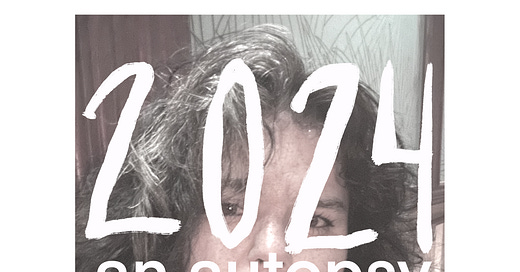I’m willing to believe that there are people on the planet who hurt other people because they sincerely enjoy this kind of thing.
I’m willing to believe that there are people who relish causing pain for the sake of itself, outside anything resembling an appropriate container. I even think that there are people who have, for whatever bio-physiological-environmental reason, no means of complete immersion into the human social order without totally undermining the social contract required for that kind of thing. I don’t think that means they should be killed or put in a small box to suffer horribly inhumane conditions, and I also think that this is probably a hugely unfortunate truth of existence. I wish it were not. Humanity did not invent ostracism.
I don’t think I really have the right or the qualifications to determine whether other people are good or bad. I don’t think that means that bad people don’t exist. Given the available information, I am forced to accept that they probably do.
The good news is that this is a really very tiny minority of the people who are on the planet. There is a poem that I don’t like very much that suggests that the world is at least fifty percent terrible. This is so demonstrably untrue, to me, that I find the notion insulting, if not simply very dumb. I think that the we can really only be with other people if we can reasonably expect we will not be hurt on purpose, and that it’s precisely by way of exploiting that expectation that people get the opportunity to hurt each other — like how I also think that lying would not be possible if we didn’t generally expect people to tell the truth.
Whenever I find myself believing things like the world is at least fifty percent terrible, I remember that when I was a kid, my father told me about how human beings have a negative bias, because negative information demands your attention in the same way that pain does. It’s trying to tell you that something is wrong.
So that’s the good news. The bad news is that I also think that a really very tiny minority of the pain in the world is caused by people who wake up in the morning, rub their hands together, and cackle, “I can’t wait to be an abuser who causes pain for the sake of itself, today.” I think that probably a tiny minority of the people who have had fucked up shit done to them were victimized by fundamentally bad, naughty, evil people. I still think that victimization should be avoided. I think that I have a kind of obligation to myself to do what I reasonably can to avoid victimization, with the marked exception of pre-emptively victimizing someone else out of the fear they might be a threat. I think I owe it to myself to remove myself from situations in which I would be victimized. I think that if I have insufficient power or skill or capacity to interrupt the circumstances of my own victimization, I have the right to expect people around me to intervene on my behalf.
I also think that understanding, on an emotional level, why someone victimizes you does basically nothing to temper the impact of the victimization.
I think that a lot of victimization happens because people are trying to get their needs met by whatever means are available to them. That doesn’t make their behaviour okay. You can frame that in a moral way — in terms of good and evil — if that’s what works for you. You can frame it in a social science way, or an evolutionary way. I think that the reason we function, as a species, is because we are capable of organizing ourselves into imperfect-but-basically-peaceful social groups based not on race or creed or even culture or native language, but on the reasonable expectation that we will be able to rely on and provide for each other at least most of the time. I think this requires the accurate weighting of one’s own needs and desires and expectations against those of other people, and against that of the collective. Not being willing or able to do so is a serious, material, practical problem — with stakes that run the gamut of severity from inconvenient to upsetting to literally life and death.
There’s nothing wrong with having needs or desires or expectations. There’s nothing wrong with letting people know about your needs or desires or expectations, or even with presenting them with information that might be relevant to their decisions about whether they would freely like to meet your needs or desires or expectations, or not. I do think that there’s something wrong — on a moral level, or on the level of undermining the expectations necessary for the perpetuation of some social order — with coercing people into meeting your needs or desires or expectations. I think that people do this anyway, a lot. I think they do it in recognizable patterns.
One of these patterns is called FOG. It’s an acronym for fear, obligation, and guilt. The study of this recognizable pattern of human suffering presents it a super-effective strategy that people experiencing very acute distress use to coerce the people around them to cross their own boundaries, fall in line, and provide care against their will. It’s a snappy acronym. Onomatopoeic.
I have spent so much of my life so deep in the fog.




